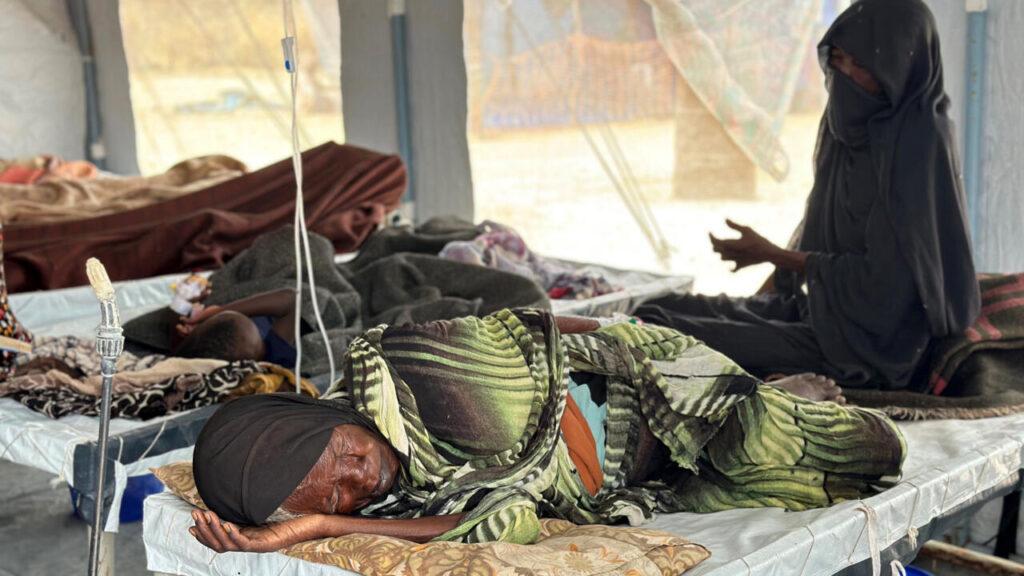
Sudan is grappling with its worst cholera outbreak in years, with more than 2,500 deaths and over 100,000 suspected infections recorded nationwide, the International Committee of the Red Cross (ICRC) said on Thursday. The agency warned the epidemic is accelerating as more than two years of fighting has wrecked water, power and health infrastructure.
ICRC field teams linked the rapid spread directly to damaged networks and shuttered clinics, noting that an estimated 80% of health facilities in conflict-affected areas are not functioning. “Sudan is facing its worst cholera outbreak in recent years,” said José Luis Pozo, the ICRC’s head of operations in Sudan.
Medics in Al Jazeera East Hospital are treating patients with oral rehydration salts and IV fluids as centres struggle to cope. Local health officials in Gedaref said the surge has added heavy pressure to an already weakened system.
The ICRC said its response is focused on the hardest-hit states—Khartoum, Gedaref, North and East Darfur, and Sennar—supporting health centres and rapid response teams that have treated nearly 18,000 patients and strengthened early detection. In North Darfur’s Tawila, aid to roughly 82,000 displaced people has included safe water, hygiene kits and public health campaigns.
Humanitarian agencies have repeatedly warned that the rainy season heightens transmission risks, and the ICRC urged all parties to protect civilians and critical infrastructure such as water and power systems essential to containing the disease.
Since the war erupted on April 15, 2023, nearly 12 million people have been forced from their homes, including about 8.8 million displaced inside Sudan—now the world’s largest internal displacement crisis, according to U.N. data.




